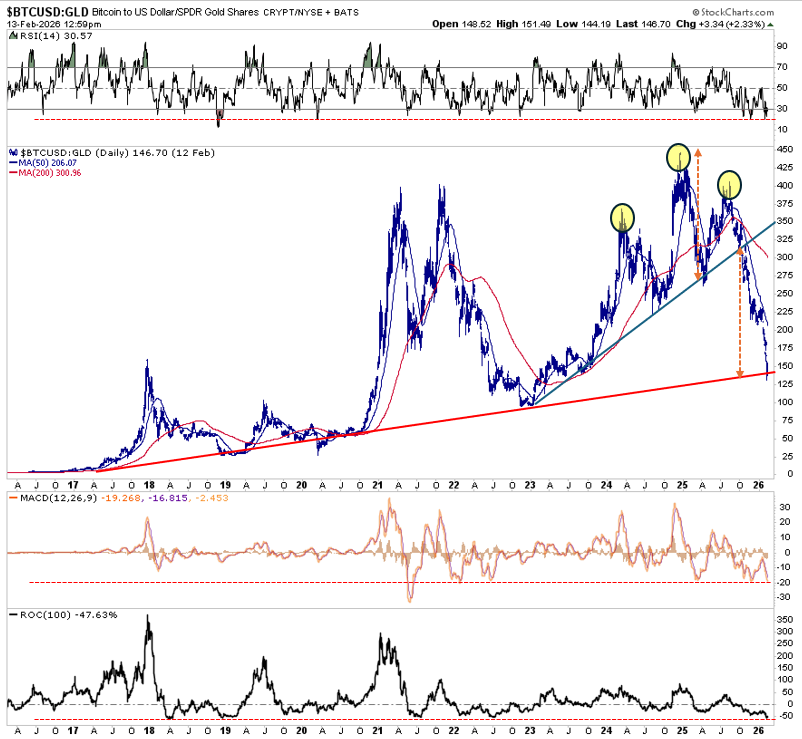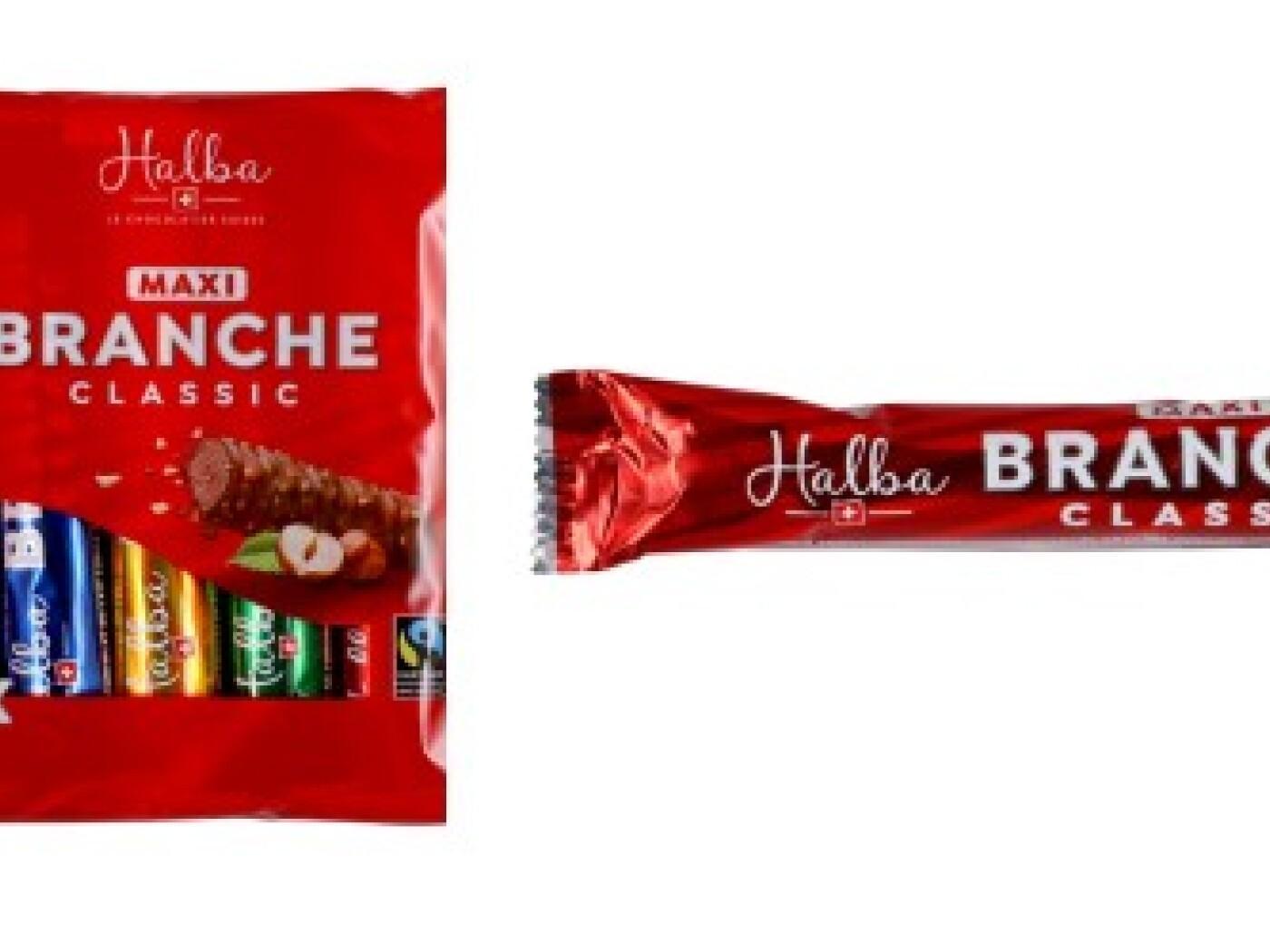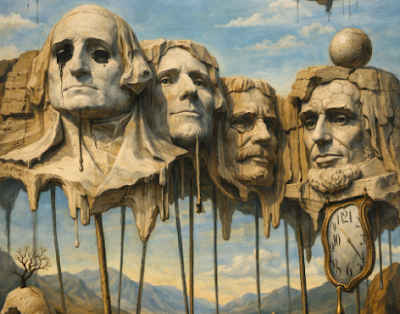As the Washington drawbridge lowers for a second Trump administration, the world attempts to glean any insights that might indicate the direction of his second term. At the top of the list of concerns is the topic of sanctions.
As of 2024, the US is actively sanctioning a third of all nations on earth. As the American populace grew more wary of military entanglements and forever wars, consecutive administrations have exponentially escalated the use of the economic weapon. The Obama administration averaged a total of 500 new sanctions a year, while the first Trump administration doubled it to 1,000 a year, and the Biden administration sextupled the figure—imposing more than 12,000 sanctions in 4 years. Now, many wonder whether a second Trump admin will continue or curb this trend.
US Sanctions: Past and Present
Leading a nascent nation, Thomas Jefferson pushed the US congress to pass the Embargo Act of 1807 to punish the United Kingdom for harassing US ships, and impressing American sailors. A century later, shortly after the conclusion of the first world war—in his failed attempt to whip up support for the League of Nations—Woodrow Wilson advocated for its ability to sanction intransigent global actors by stating, “A nation that is boycotted is a nation that is in sight of surrender.” However, the unilateral coercive measures—or financial sanctions, as we know them in the modern era—trace to a much more recent origin.
The story of modern-day sanctions starts—as with many of our modern American experiences—with the USA Patriot Act of 2001. Title III of the act—concerned with money laundering used for the financing of terrorist organizations—gave the Treasury Department a swath of options to dig into the links between domestic and international financial institutions. Borne out of this new mandate, the Office of Foreign Assets Control (OFAC), got its first win by severing BDA Bank—a Macau-based bank that was suspected of facilitating North Korean money laundering operations—from the global financial market. The office was able to destroy the bank’s operations with a simple notice of incoming sanctions.
Today, the list of sanctioned nations includes Cuba, Iran, North Korea, Russia, Syria, Afghanistan, Balkans, Belarus, Myanmar, Central African Republic, the DRC, Ethiopia, Hong Kong, Iraq, Lebanon, Libya, Mali, Nicaragua, Somalia, South Sudan, Sudan, Venezuela, and Yemen among others.
While some are targeted against specific entities or persons, many sanctions indiscriminately target broad sectors of a nation’s economy. Such is the case in Russia, Venezuela, and Iran. Similarly, while some sanctions target heads of states and specific government individuals, others like the ones imposed on Syria target any and all government ministers regardless of complicity in any given crime.
As for their merit, sanctions have rarely, if ever, achieved their stated aims. Cuba and Venezuela remain socialist and Bolivarian socialist regimes; Iran and North Korea have yet to denuclearize; and the Syrian and Yemeni regimes have not yet been ejected from or willingly abdicated power. The sanctions have, however, succeeded in three alternative ways.
Sanctions have become a convenient tool to destroy the middle classes of targeted countries. Venezuela, Syria, and Iran were hit by inflation rates so high that they decimated savings and brought an end to the possibility of upward mobility within the respective civil societies. Sanctions have also successfully entrenched authoritarian leaders by giving them a convenient enemy, in the form of American imperialism, to hide from their populace behind. Finally, sanctions have succeeded in draining American good will, cultural prowess, and diplomatic soft power for billions across the globe.
Other than being felt in the empty stomachs of children across the developing world, the sanctions boom has also brought about policy and financial reverberations closer to home. A new Washington behemoth has sprung up over the last two decades. The Sanctions Industrial Complex—a collective of law firms specialized in sanctions, lobbyist firms rife with revolving door appointees from the treasury department, and consultancies offering solutions in compliance has metastasized in the Washington Beltway.
Mixed Signals from Trump 2.0
Trump is partially responsible for the sprawl of the complex. He famously levied unprecedented sanctions against Russia, targeted the Nord Stream 2 Pipeline, enacted the CAESAR Act of 2019 against Syria, and imposed a whole swath of additional sanctions against the Venezuelan Maduro government in 2017.
Trump has also tapped Mike Walz as his National Security Advisor nominee. Early November, Walz stated that Trump’s plan to end the Ukraine war should consist of “intensifying sanctions against Russia” and “taking the handcuffs off,” implying that the Biden administration’s support of Ukraine has been in some way restrained.
Trump also picked Marco Rubio as his Secretary of State nominee. Rubio is an avowed neocon who has yet to see a sanctions bill he didn’t approve of. He is deeply committed to imposing continued sanctions regimes on Cuba and Venezuela. Rubio also famously lamented Brazil and China’s deal to settle trade deals in Reals and Yuans stating that “they are creating a secondary economy totally independent of the United States…there will be so many countries transacting in currencies other than the dollar that we won’t have the ability to sanction them.”
Yet, Trump has also tapped Tulsi Gabbard as his Director of National Intelligence. Tulsi has been derided by the Clinton establishment, and its mouthpieces like Nikki Haley, for prioritizing diplomacy and advocating against the use of economic sanctions. One of her last acts as a Democratic congresswoman was a bill that would prohibit taxpayer funds or government resources from being used to enact sanctions that inflict suffering on civilian populations anywhere in the world.
As for Trump himself, he is showing an inclination away from the use of the coercive tool in his second term. While fielding questions at the Economic Club of New York in September, he stated that, “the problem…with sanctions is that it ultimately kills your dollar. It has to continue being the world currency.” He added that he “used sanctions but took them off quickly… China is trying to get their currency to be the dominant currency.” He concluded by stating that he wants to use sanctions “as little as possible.”
Cautious Optimism
Trump’s remarks provide solid grounds for optimism among those who consider sanctions as illegitimate and illegal tools of warfare. His statement indicates his understanding that economic engagement with adversaries is ultimately more beneficial for long term US interests than economic coercion.
Yet, the system of sanctions is not one that can be reformed overnight. A mere cessation of the imposition of new sanctions won’t go far. Sanctions, secondary sanctions, and asset seizures are pervasively in use by Washington’s empire. Adam Szubin, the former director of OFAC, in a Christmas office karaoke party, sang “every little thing we do is sanctions” to the tune of the Police’s “Every Little Thing She Does is Magic.” The consensus in Washington is deeply in favor of sanctions. And, with sanctions seen by Washington as the happy medium between tax-funded drone strikes and tomahawks and empty diplomatic condemnations, that consensus has ossified over time.
A second Trump administration could remedy this by taking a proactive approach and providing further transparency regarding the sunsets of previously established sanctions regimes. Similarly, he could lower the compliance threshold for sanctioned entities and third parties potentially in danger of falling foul to secondary sanctions.
Ultimately, whether Trump pulls the reins on this novel complex, as of now, remains a decision purely for Washington. However, with a nascent China trying its hand in the practice by sanctioning the US, the Japanese, and even NBA officials, and other economic players like Saudi Arabia dabbling with the tool, our exclusivity in precedent-setting won’t last for long.
Full story here Are you the author? Previous post See more for Next postTags: Featured,newsletter





































